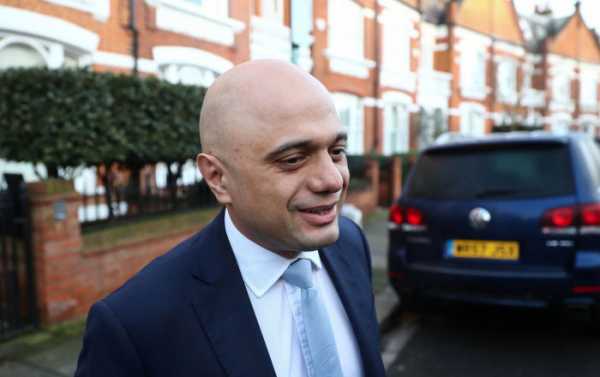
Sajid Javid unexpectedly resigned as the UK Chancellor of the Exchequer on 13 January, after Prime Minister Boris Johnson ordered him to fire all of his advisers as part of an ongoing reshuffle of the Cabinet, following country’s departure from the European Union.
Former United Kingdom Chancellor of the Exchequer, Sajid Javid, claimed that he preferred to leave office rather than to fire his five special aides and submit to Dominic Cummings, who would take control of financial policy via a joint team of advisers, according to the Financial Times.
Colleagues of Javid believe that his departure is because he did not want to be Cummings’ “b*tch in the Cabinet”.
Javid resigned from Number 11 following months of tension between the Chancellor and Cummings, Johnson’s special adviser. Javid is the first Chancellor to leave office before presenting a budget, since the father of Sir Winston Churchill, Lord Randolph Churchill, in 1886.
Javid’s colleagues look at his resignation as a warning to current ministers.
Javid could not accept Johnson’s conditions, allies claim, because the former was convinced that a “host of others would be coming his way in the future”.
Another ally reportedly said that “Sajid is really loyal to Boris, he really likes him”, arguing that “none of this would happen without the current set up in Number 10”.
Javid has been replaced by Rishi Sunak, now the former Chief Secretary to the Treasury.
Sunak, 39, has been the Conservative MP for Richmond in North Yorkshire since 2015, when he was selected for the seat in succession to former Foreign Secretary William Hague.
Sourse: sputniknews.com






